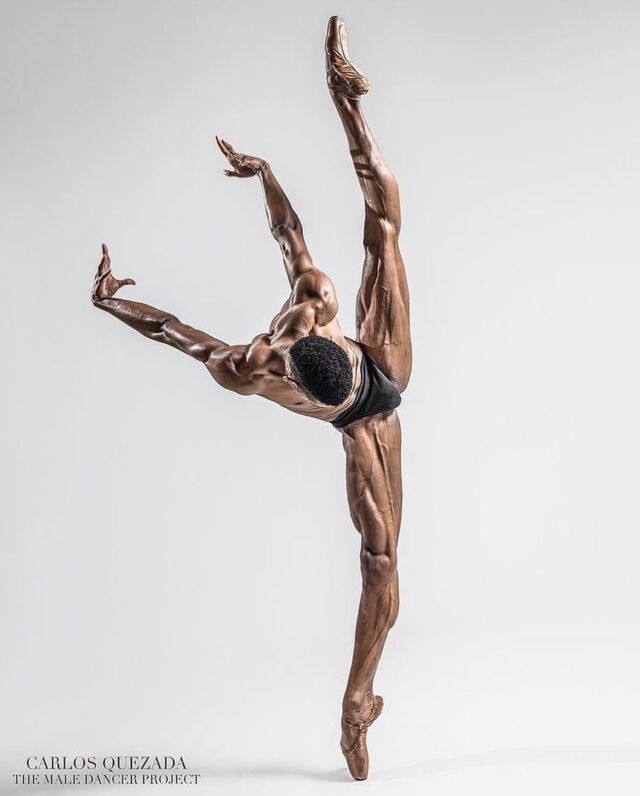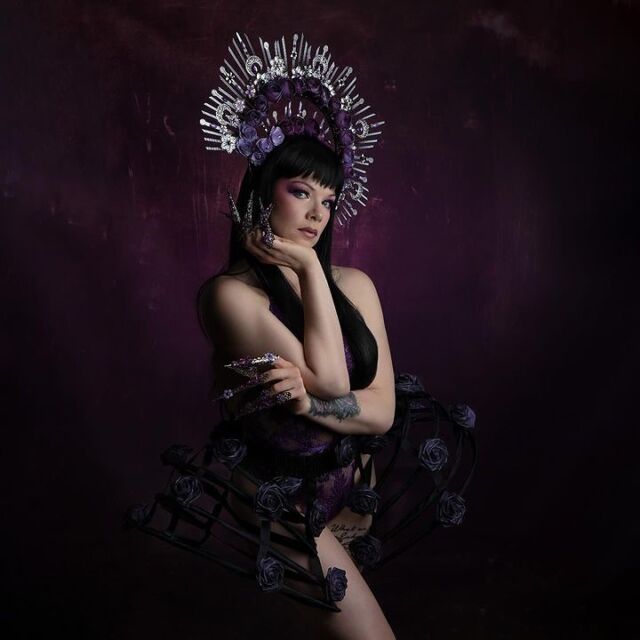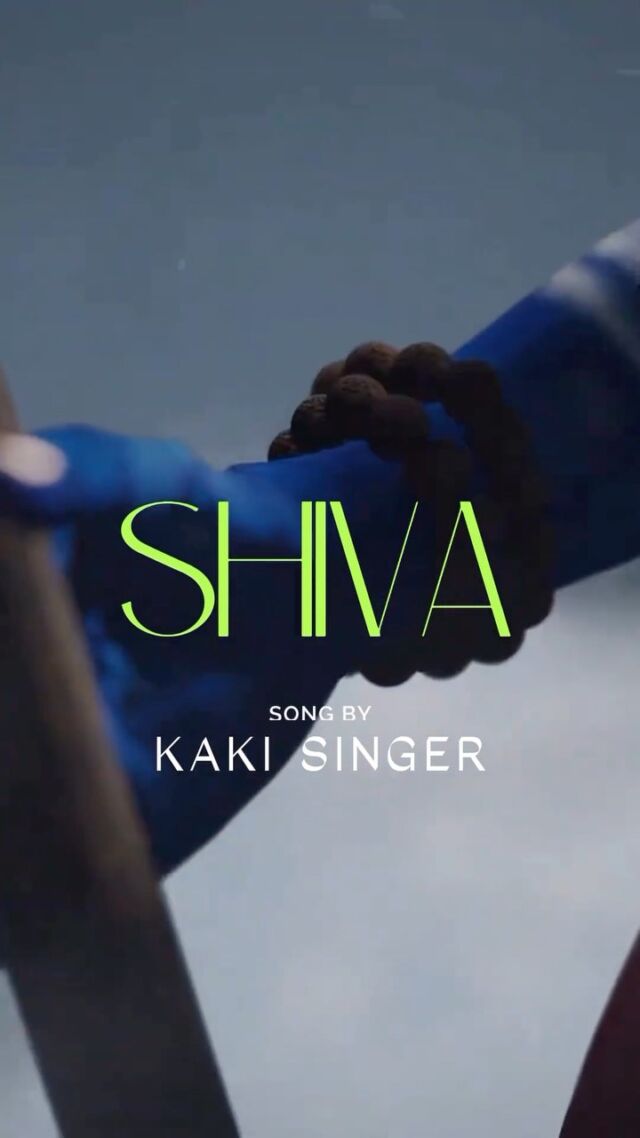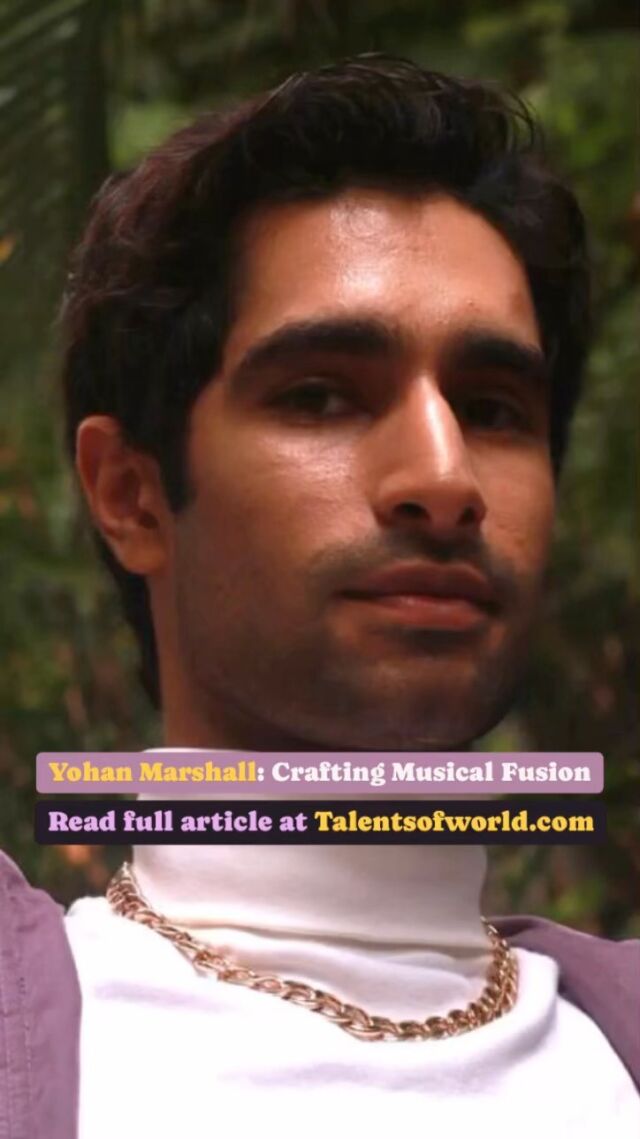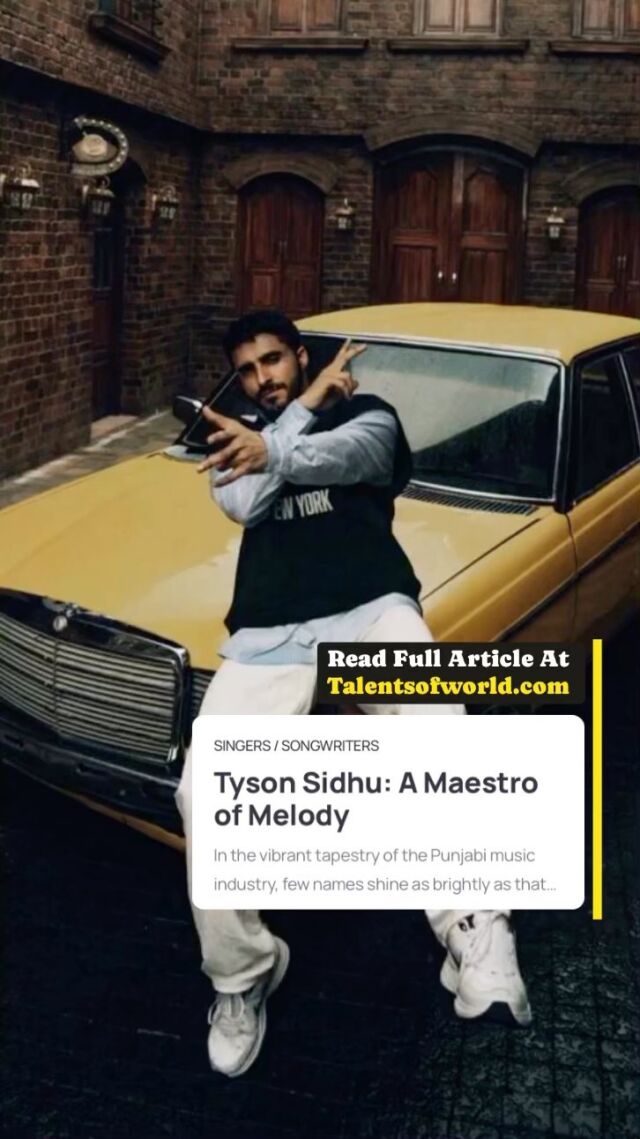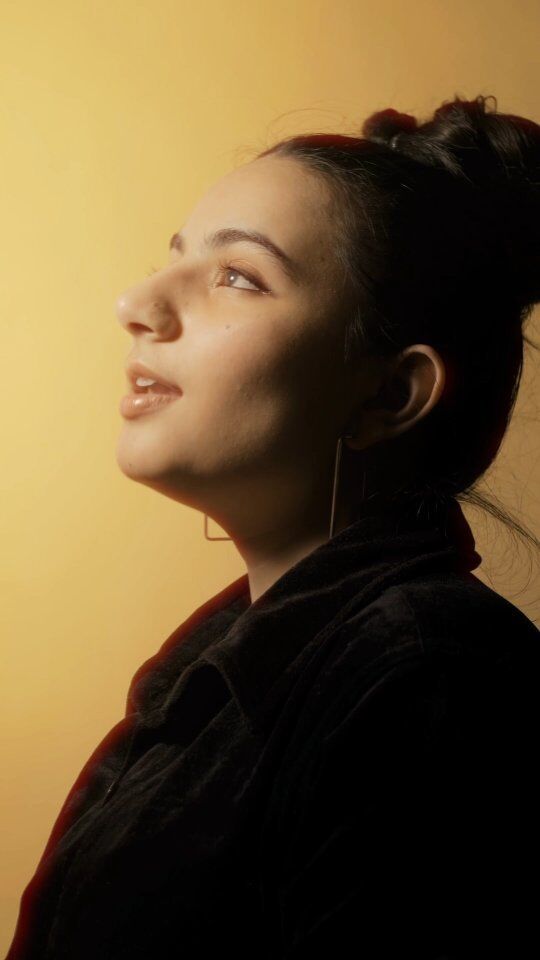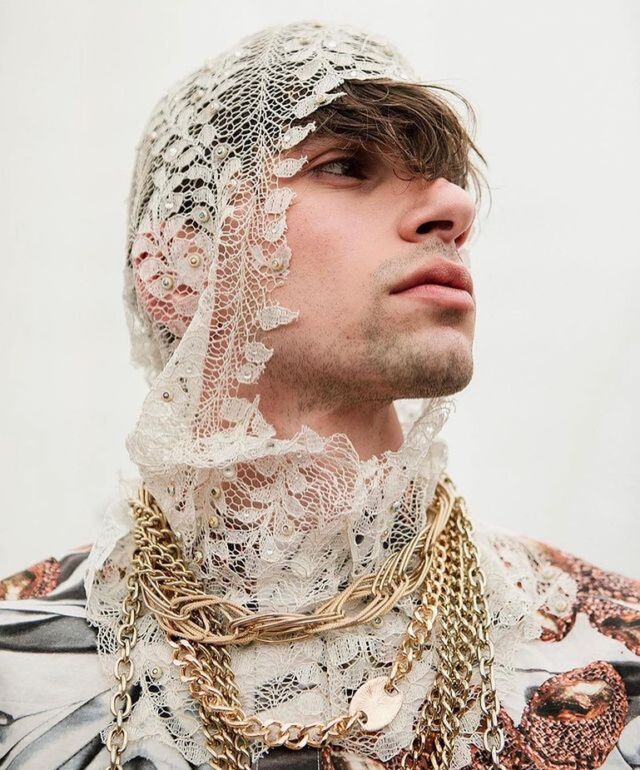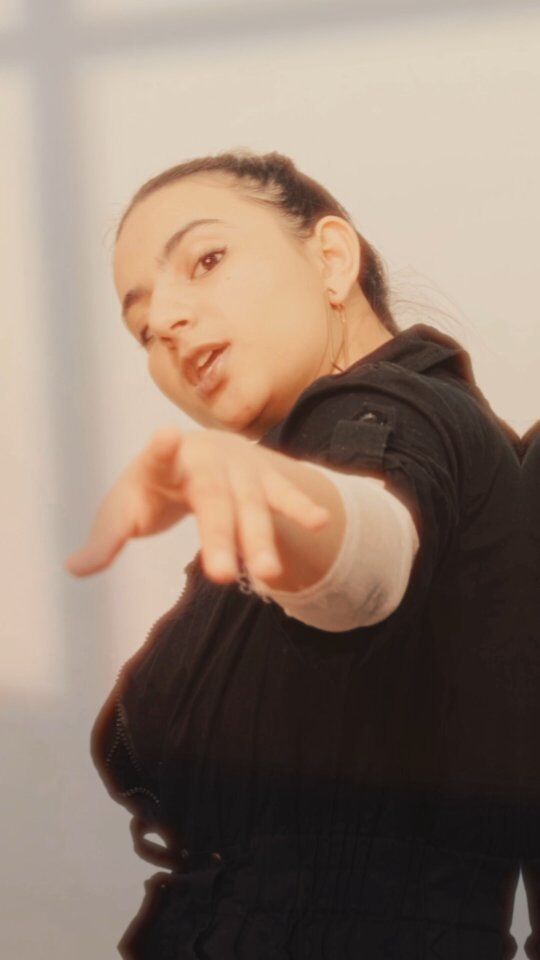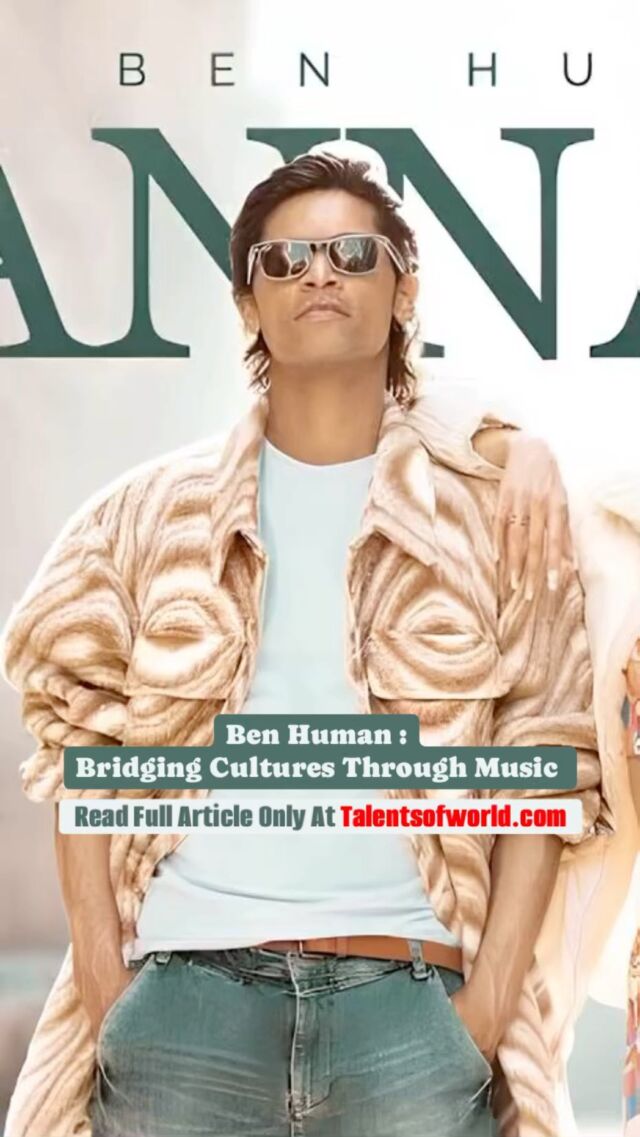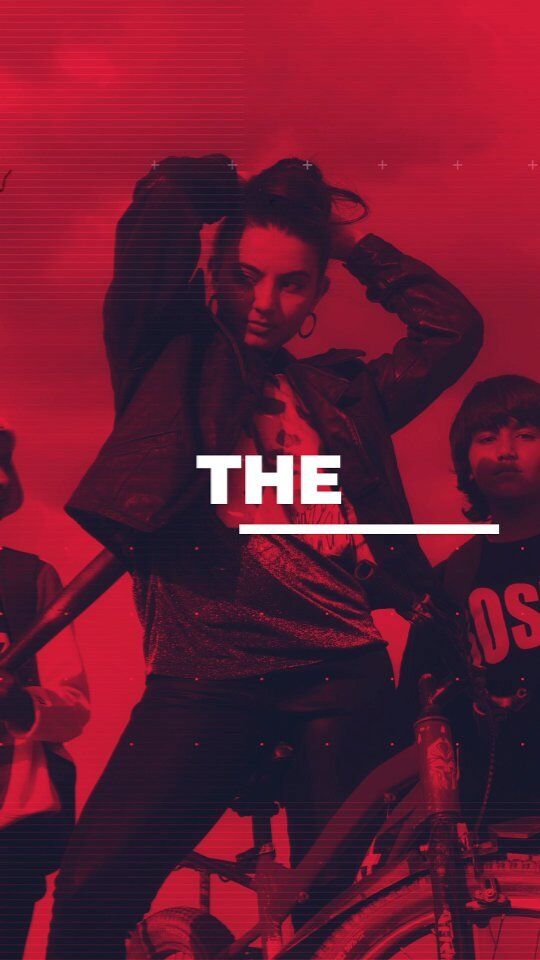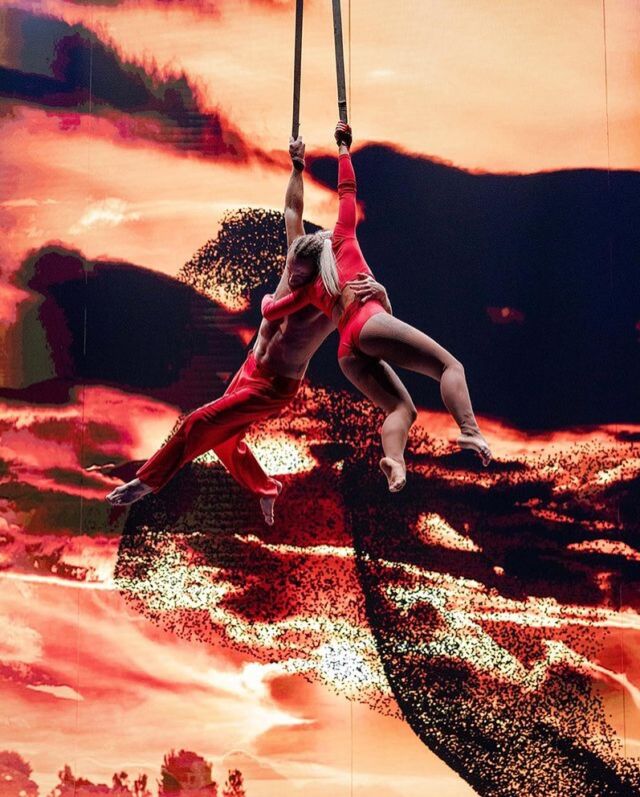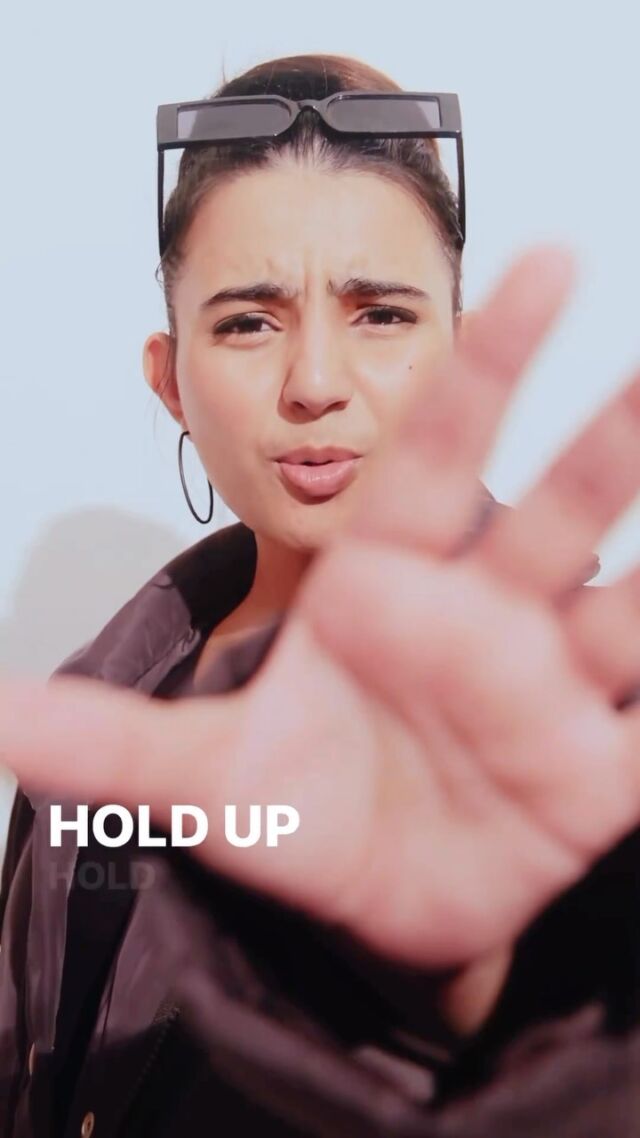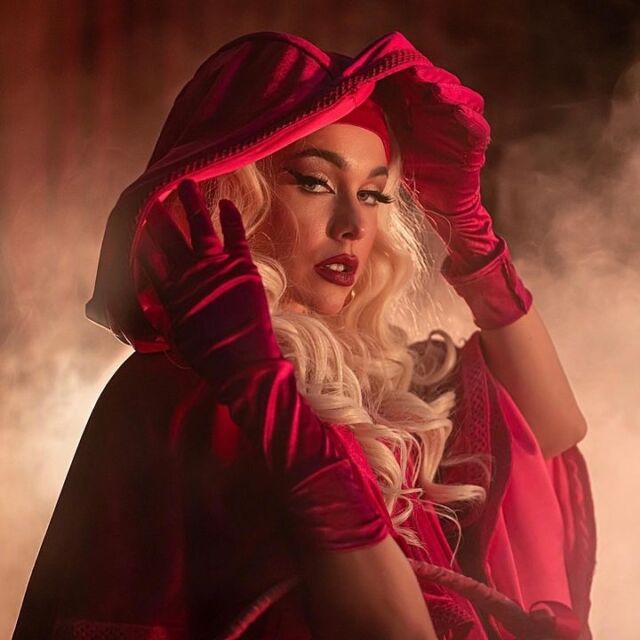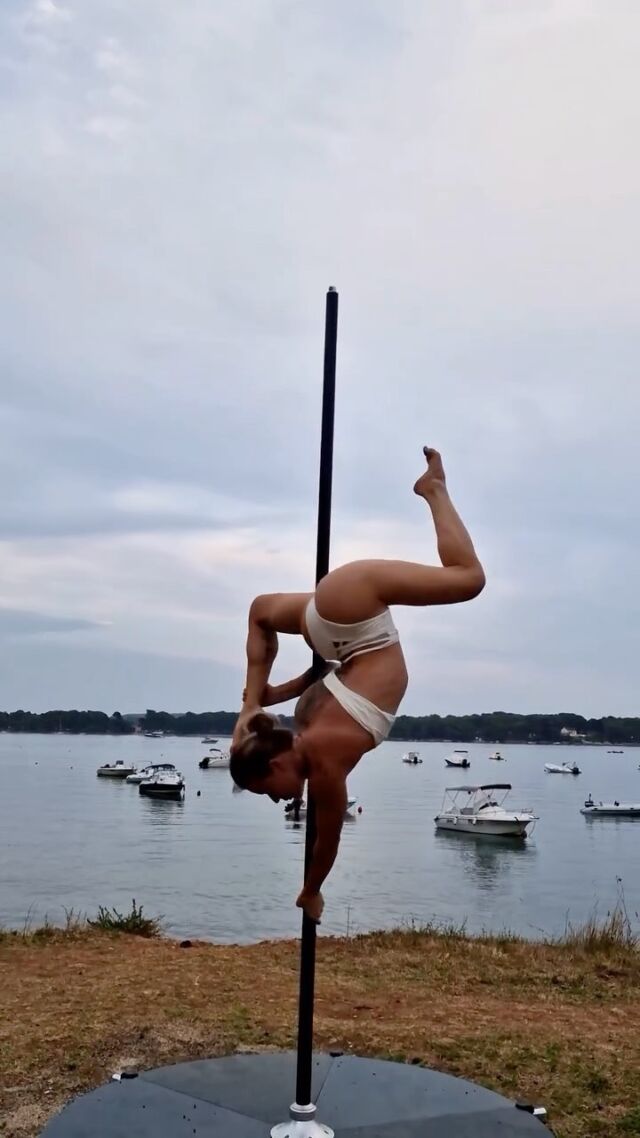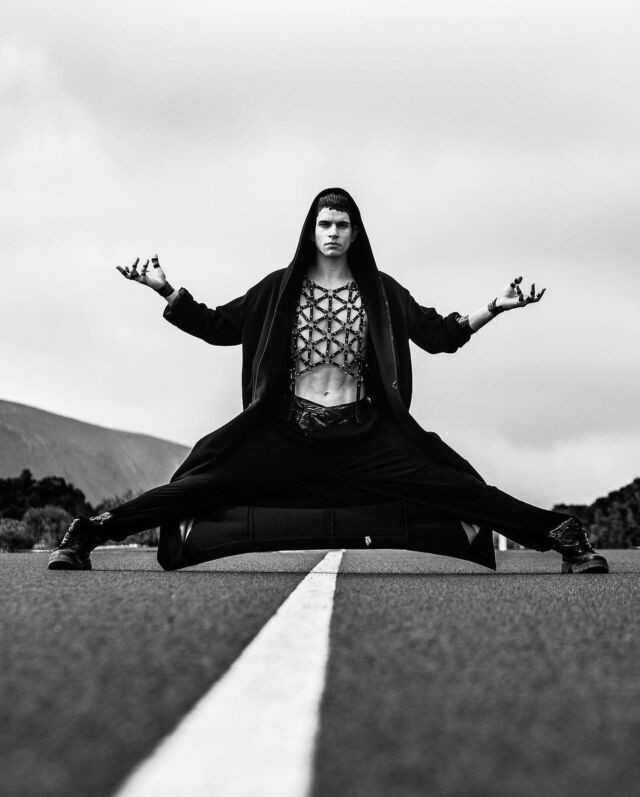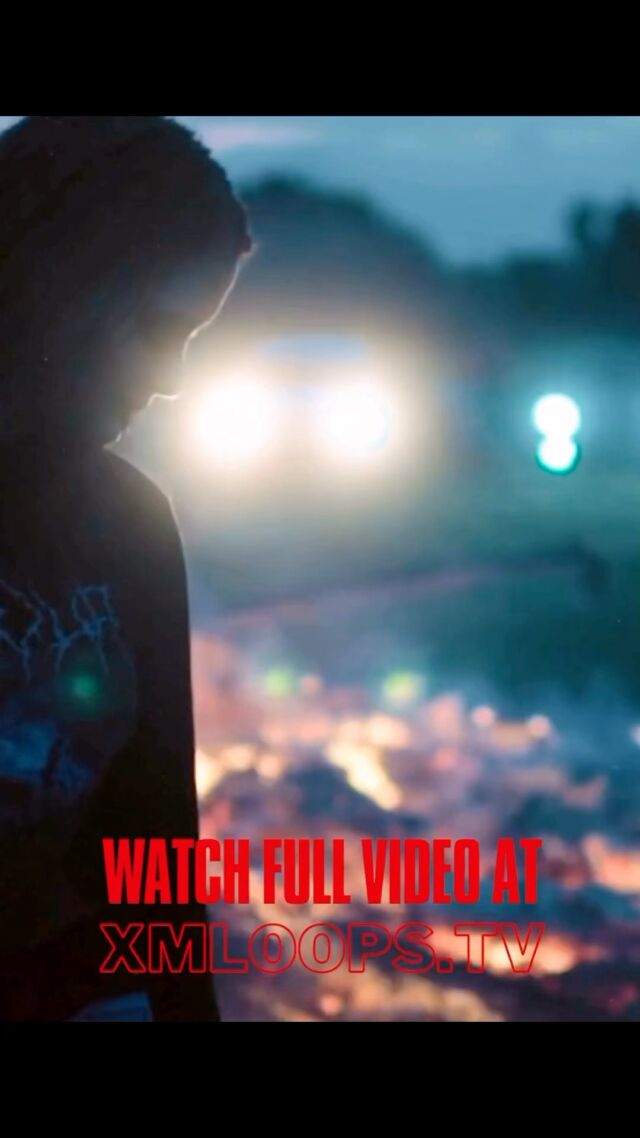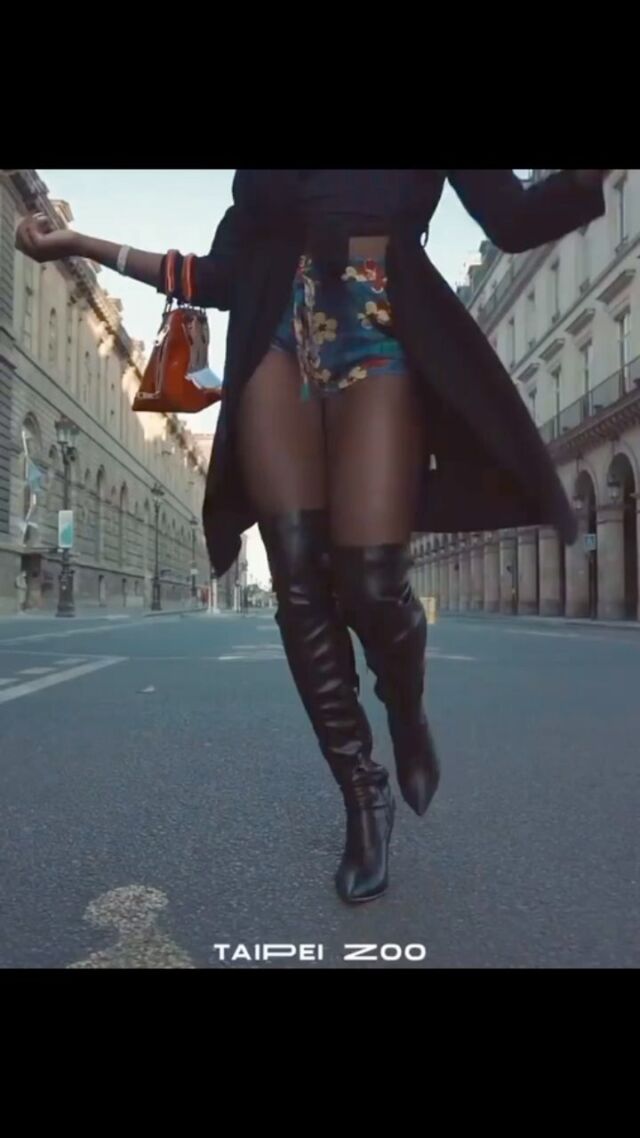The Supreme Court seemed wary on Tuesday of letting prosecutors use a federal obstruction law to charge hundreds of rioters involved in the Capitol attack on Jan. 6, 2021.
A decision rejecting the government’s interpretation of the law could not only disrupt those prosecutions but also eliminate half of the charges against former President Donald J. Trump in the federal case accusing him of plotting to subvert the 2020 election.
Mr. Trump’s case did not come up at the argument, which was largely focused on trying to make sense of a statute, enacted to address white-collar crime, that all concerned agreed was not a model of clarity. But the justices’ questions also considered the gravity of the assault and whether prosecutors have been stretching the law to reach members of the mob responsible for the attack, which interrupted certification of Joseph R. Biden Jr.’s electoral victory.
Justice Clarence Thomas, who returned to the bench after an unexplained absence on Monday, asked whether the government was engaging in a kind of selective prosecution. “There have been many violent protests that have interfered with proceedings,” he said. “Has the government applied this provision to other protests?”
Justice Sonia Sotomayor took a different view of what happened on Jan. 6. “We’ve never had a situation before where there’s been a situation like this with people attempting to stop a proceeding violently,” she said.
The question for the justices was whether one of the laws used to prosecute some of the members of the mob that stormed the Capitol fits their conduct. The law, a provision of the Sarbanes-Oxley Act of 2002, contains a broad catchall provision that makes it a crime to corruptly obstruct, influence or impede any official proceeding.
But the provision is linked to a previous one aimed at altering evidence. Chief Justice John G. Roberts Jr. said the catchall provision must be read in context. Since the Jan. 6 defendants were not accused of altering evidence, he said, the catchall provision did not apply.
Other members of the court’s conservative majority said that reading the catchall provision in isolation would allow prosecutions of all sorts of protesters.
Two members of the court’s liberal wing responded that the catchall provision was broad by design and not tethered to the previous clause. Congress had meant, they said, to give prosecutors tools to address situations that the lawmakers could not anticipate
The effect of a ruling rejecting the use of the provision to prosecute Jan. 6 defendants is not completely clear. Most such defendants have not been charged under the provision, which prosecutors have reserved for the most serious cases, and those who have been charged under it face other counts as well.
The defendant in Tuesday’s case, Joseph W. Fischer, for instance, faces six other charges.
Nor is it clear that a ruling in Mr. Fischer’s favor would erase any charges against Mr. Trump under the law. Jack Smith, the special counsel overseeing the federal election interference case against the former president, has said Mr. Trump’s conduct could be considered a crime under even a narrow reading of the 2002 law.
Whatever the larger consequences of the court’s ruling, expected by late June, several justices on Tuesday seemed troubled by the government’s interpretation of the law, saying it would allow many other kinds of prosecutions.
“Would a sit-in that disrupts a trial or access to a federal courthouse qualify?” Justice Neil M. Gorsuch asked. “Would a heckler in today’s audience qualify, or at the State of the Union address? Would pulling a fire alarm before a vote qualify for 20 years in federal prison?”
Justice Samuel A. Alito Jr. allowed that “what happened on Jan. 6 was very, very serious.” But he added that the prosecutors’ theory could reach, say, protests in the Supreme Court’s courtroom, which have occurred from time to time.
Elizabeth B. Prelogar, the U.S. solicitor general, began her argument by recalling the events of Jan. 6, saying that what some of the participants did that day amounted to obstruction covered by the law.
“On Jan. 6, 2021, a violent mob stormed the United States Capitol and disrupted the peaceful transition of power,” she said. “Many crimes occurred that day, but in plain English, the fundamental wrong committed by many of the rioters, including petitioner, was a deliberate attempt to stop the joint session of Congress from certifying the results of the election. That is, they obstructed Congress’s work in that official proceeding.”
Justice Amy Coney Barrett asked how to distinguish the attack on the Capitol from other actions that have disrupted official proceedings. “Tell me why I shouldn’t be concerned about the breadth of the government’s reading?” she asked.
The law at issue in the case was enacted in the wake of the collapse of the energy giant Enron.
Mr. Fischer, a former police officer, was charged with violating it and with six other crimes. Justice Brett M. Kavanaugh asked why the other charges were insufficient.
“Why aren’t those six counts good enough just from the Justice Department’s perspective given that they don’t have any of the hurdles?” he asked.
Ms. Prelogar responded that the other counts did not fully reflect Mr. Fischer’s culpability.
The law was prompted by accounting fraud and the destruction of documents, but the provision is written in broad terms.
At least part of what the law meant to accomplish was to address a gap in the federal criminal code: It was a crime to persuade others to destroy records relevant to an investigation or official proceeding but not to do so oneself. The law sought to close that gap.
It did that in a two-part provision. The first part makes it a crime to corruptly alter, destroy or conceal evidence to frustrate official proceedings. The second part, at issue in Mr. Fischer’s case, makes it a crime “otherwise” to corruptly obstruct, influence or impede any official proceeding.
The heart of the case is at the pivot from the first part to the second. The ordinary meaning of “otherwise,” prosecutors say, is “in a different manner.” That means, they say, that the obstruction of official proceedings need not involve the destruction of evidence. The second part, they say, is broad catchall applying to all sorts of conduct.
Justice Elena Kagan said the catchall provision was a purposefully broad reaction to the Enron debacle.
“What Enron convinced them of was that there were gaps in these statutes,” she said of the lawmakers who enacted it.
She added: “But they didn’t know exactly what those gaps were. So they said, let’s have a backstop provision. And this is their backstop provision.”
Justice Sotomayor agreed. “They wanted to cover every base, and they didn’t do it in a logical way, but they managed to cover every base,” she said.
Jeffrey T. Green, a lawyer for Mr. Fischer, said the court should not interpret the 2002 law to create a crime of breathtaking scope that would allow prosecutors to charge political protesters and others with felonies carrying 20-year prison sentences.
He said that the first part of the provision must inform and limit the second one — to obstruction linked to the destruction of evidence. They would read “otherwise,” in other words, as “similarly.”
Chief Justice John G. Roberts Jr., citing a unanimous opinion he wrote last week, appeared to agree. “The general phrase,” he said, “is controlled and defined by reference to the terms that precede it,” he said. “The ‘otherwise’ phrase is more general, and the terms that precede it are ‘alters, destroys, mutilates, or conceals a record or document.’”
The case is one of several on the court’s docket this term affecting or involving Mr. Trump. In a separate case to be argued next week, the justices will consider Mr. Trump’s claim that he is totally immune from prosecution.
Mr. Fischer is accused of entering the Capitol around 3:24 p.m. on Jan. 6, with the counting of electoral ballots having been suspended after the initial assault.
He had told a superior in a text message, prosecutors said, that “it might get violent.” In another, he wrote that “they should storm the capital and drag all the democrates into the street and have a mob trial.”
Prosecutors say that videos showed Mr. Fischer yelling “Charge!” before pushing through the crowd, using a vulgar term to berate police officers and crashing into a line of them.
Mr. Fischer’s lawyers dispute some of this. But the question for the justices is legal, not factual: Does the 2002 law cover what Mr. Fischer is accused of?
As the end of the argument neared, Justice Ketanji Brown Jackson, a liberal, indicated that she had reservations about the government’s position, saying that the court should not lose sight of “the backdrop of a real-world context.”
“It was in the wake of Enron,” she said. “There was document destruction, and, you know, there was nothing as far as I can tell in the enactment history as it was recorded that suggests that Congress was thinking about obstruction more generally.”
Source link




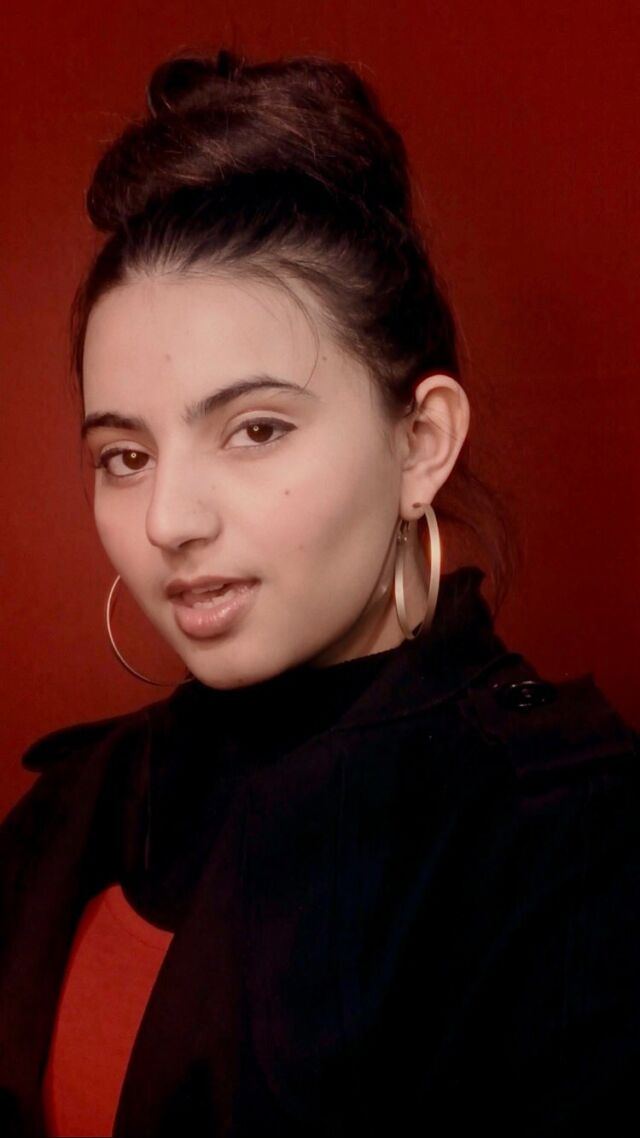
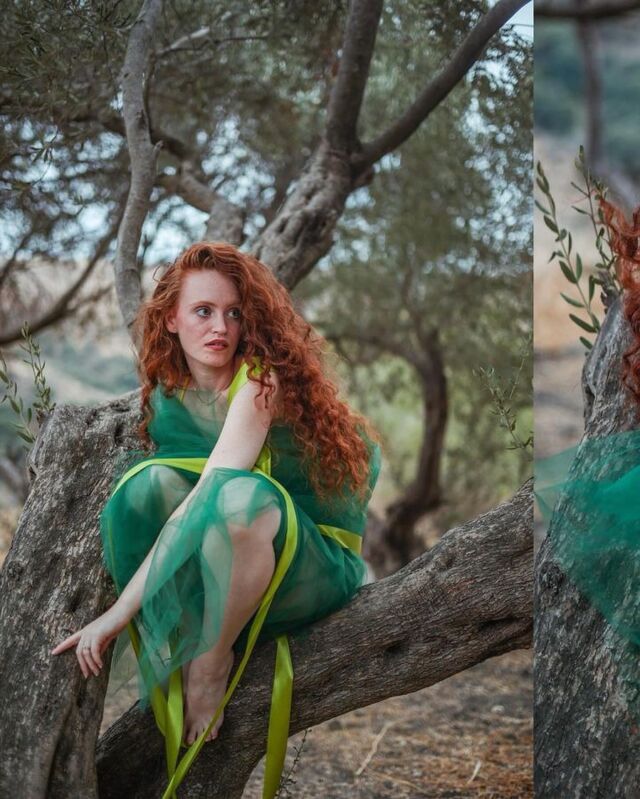
![Growing up learning Indian Classical Music, I’ve developed a deep appreciation for diverse musical genres, and techno is definitely one that has captured my interest. Got inspired to write this track by blending the beautiful melodies of Hindustani classical, particularly Raag Bhairav, with the beats of techno. Excited to share this fusion with you all!
Music by @miladzki
Check it out and vibe with me! 🎶✨
[ techno, newmusic, fusion, indianclassicalmusic, techno, music, kakisinger ]](https://talentsofworld.com/wp-content/uploads/wp-social-ninja/instagram/9xm.tv/18327743320185528_full.jpg)
![Listen to this Version of Dil Kho Gaya
Original Song From the Movie Dil.
Anand-Milind, Udit Narayan, Anuradha Paudwal sung this song
Music by Anand-Milind
Hope you guys like this Rendition of the Classic Song by Kaki Singer.
Like, Share & Comment.
[ Dil, Dil kho Gaya, old songs, Classic Bollywood, old song covers, retro songs, indian old songs, old hindi songs, melodies, kaki singer, Indian singers ]](https://talentsofworld.com/wp-content/uploads/wp-social-ninja/instagram/9xm.tv/17999564600299237_full.jpg)
